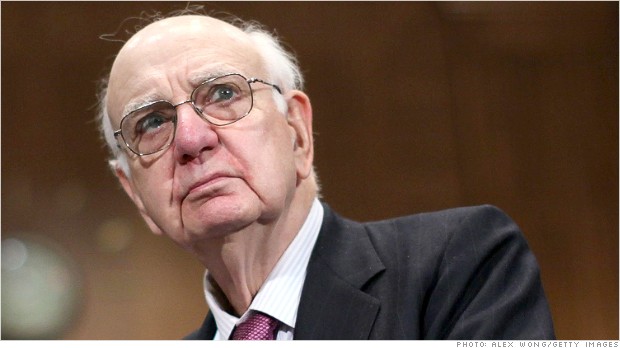The former director-general of MI5 is to join HSBC's board as a non-executive director in August.
Sir Jonathan Evans, who spent three decades at the intelligence service, will be paid £125,000 to work 40 days a year at the bank.
He will also become a member of a special committee HSBC created to help combat financial crime.
The unit was set up after the bank was fined $2bn (£1.3bn) in the US over money laundering and sanction breaches.
The bank has already appointed Dave Hartnett, the former head of HM Revenue and Customs, and Jim Comey, a former US deputy attorney general, as advisers to the Financial System Vulnerabilities Committee.
Bill Hughes, a former head of the UK's Serious Organised Crime Agency was also recruited when the committee was set up in January. BBC News - HSBC appoints ex-MI5 chief Sir Jonathan Evans to board
 FORTUNE -- Are you among the suspected tens of thousands of Americans with a secret Swiss bank account that you are still hiding from the Internal Revenue Service? If so, you are about to acquire a Matterhorn-sized headache.
FORTUNE -- Are you among the suspected tens of thousands of Americans with a secret Swiss bank account that you are still hiding from the Internal Revenue Service? If so, you are about to acquire a Matterhorn-sized headache.



